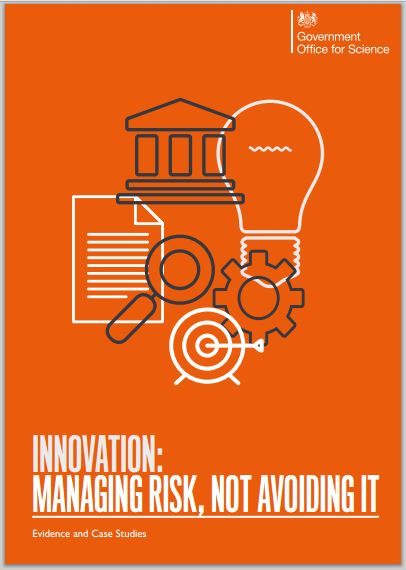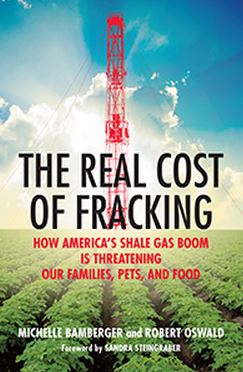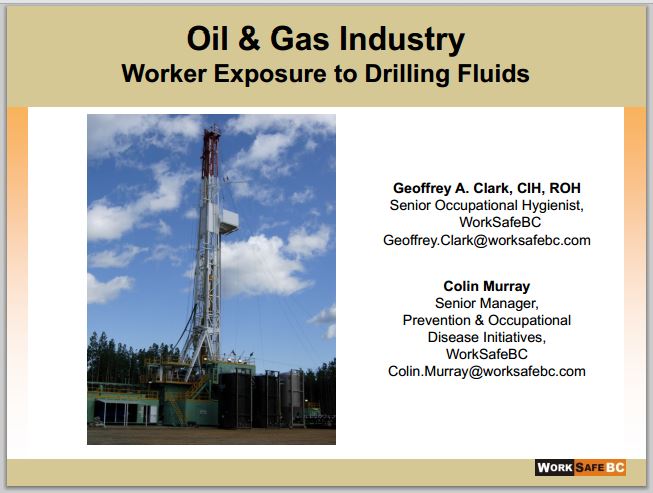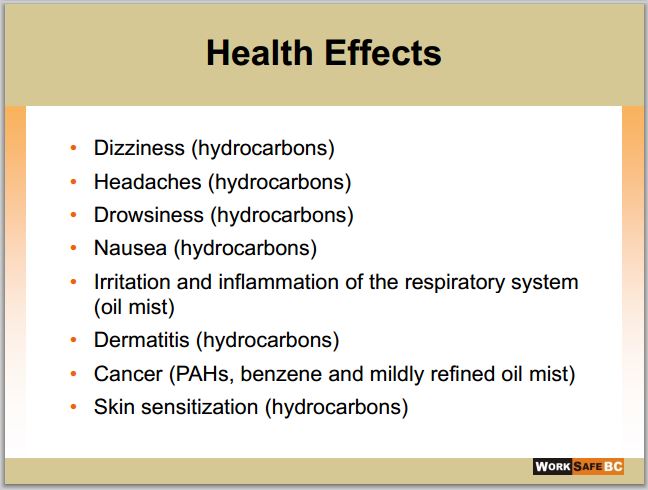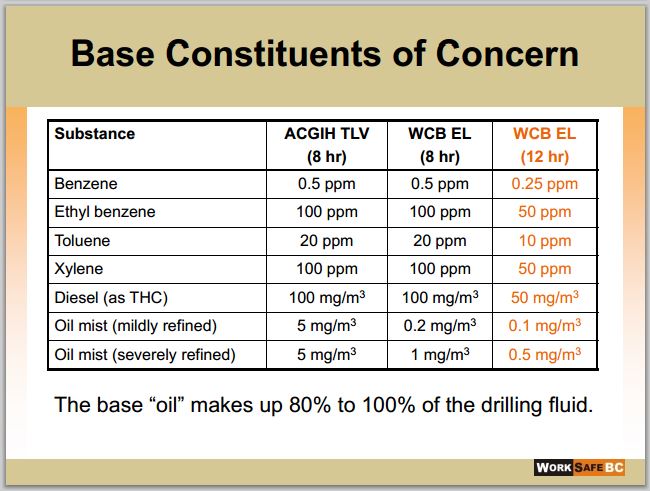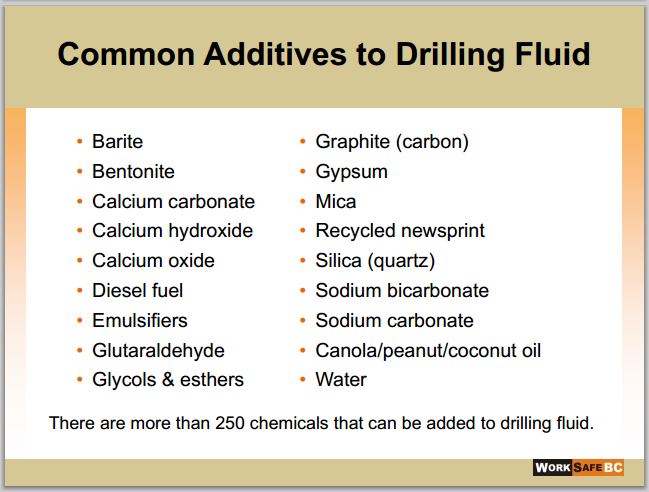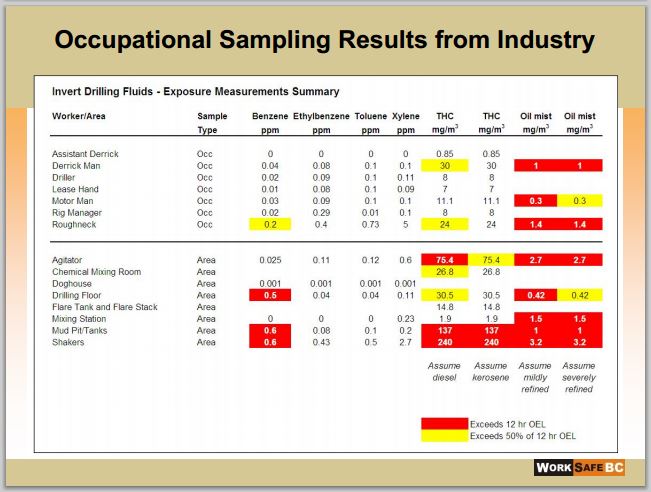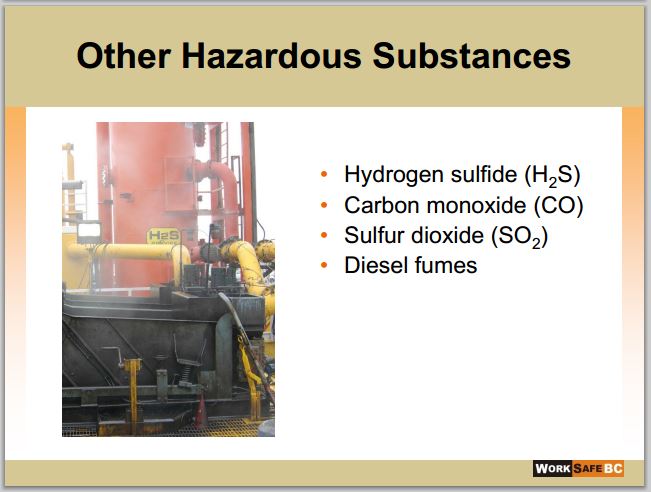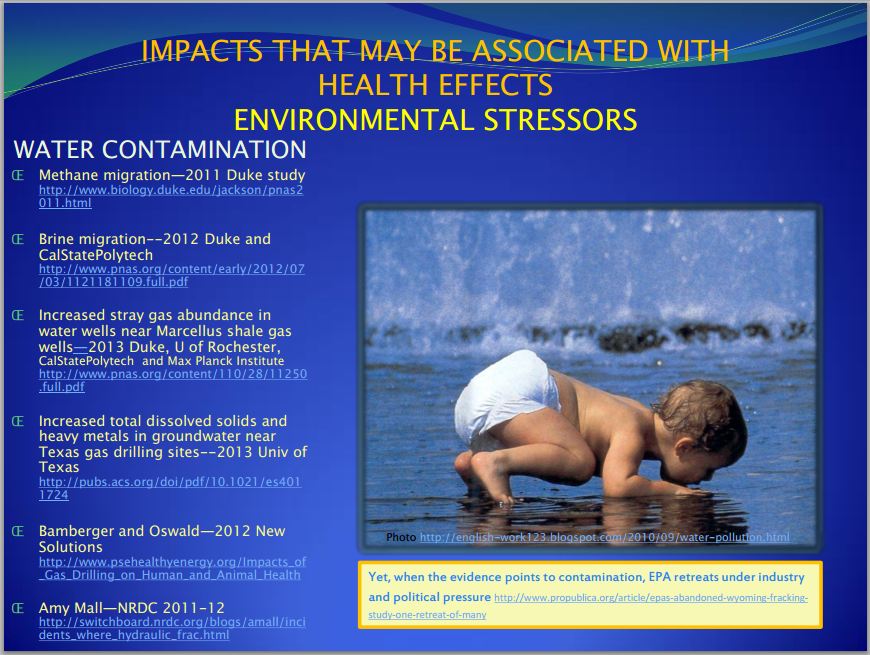Annual Report of the Government Chief Scientific Adviser 2014. Innovation: Managing Risk, Not Avoiding It. Evidence and Case Studies by David Bennett, Graeme Collinson, Mike Edbury, Elizabeth Surkovic and Jack Wardle for UK Chief Scientific Advisor Mark Walport, November 2014, Government Office for Science.
…
History presents plenty of examples of innovation trajectories that later proved to be problematic — for instance involving asbestos, benzene, thalidomide, dioxins, lead in petrol, tobacco, many pesticides (see case study), mercury, chlorine and endocrine-disrupting compounds, as well as CFCs, high-sulphur fuels and fossil fuels in general. In all these and many other cases, delayed recognition of adverse effects incurred not only serious environmental or health impacts, but massive expense and reductions in competitiveness for firms and economies persisting in the wrong path. As discussed in Chapter 1, innovations reinforcing fossil fuel energy strategies — such as hydraulic fracturing — arguably offer a contemporary prospective example.
…
Our assessment is that we do not currently have an effective and sufficiently precautionary framework. …
In effect, any response to environmental risks that result in any restriction on the industry was ruled out from the start. [Emphasis added]
Fracking risk compared to thalidomide and asbestos in Walport report, Historic innovations that have been adopted too hastily with grave unforeseen impacts provide cautionary examples for potential side effects of fracking, says report by government’s chief scientist Mark Walport by Adam Vaughan, November 28, 2014, The Guardian
Fracking carries potential risks on a par with those from thalidomide, tobacco and asbestos, warns a report produced by the government’s chief scientific adviser. … The controversial technique, which involves pumping chemicals, sand and water at high pressure underground to fracture shale rock and release the gas within, has been strongly backed by the government with David Cameron saying the UK is “going all out for shale”.
…
Thalidomide was one of the worst drug scandals in modern history, killing 80,000 babies and maiming 20,000 babies after it was taken by expectant mothers.
Fracking provides a potentially similar example today, the report warns: “… innovations reinforcing fossil fuel energy strategies — such as hydraulic fracturing — arguably offer a contemporary prospective example.”
The chapter, written by Prof Andrew Stirling of the University of Sussex, also argues that the UK and the world could tackle climate change with energy efficiency and renewable energy alone but vested interests in the fossil fuel industry stand in the way.
There is a “clear feasibility of strategies built entirely around energy efficiency and renewable energy”, the report, published earlier this month, says. “Yet one of the main obstacles to this lies in high-profile self-fulfilling assertions to the contrary, including by authoritative policy figures.”
“In energy… the obstacles to less-favoured strategies [such as energy efficiency and renewables] are typically more commercial, institutional and cultural than they are technical. Among the most potent of these political obstructions are claims from partisan interests — such as incumbent nuclear or fossil fuel industries — that there is no alternative to their favoured innovations and policies.” [Emphasis added]
UK’s Chief Scientist Compares Fracking to Thalidomide and Asbestos by James Byrne, November 28, 2014, inhabitat.com
The U.K. government’s chief scientific adviser, Mark Walport, argues in his flagship annual report that there are many examples throughout history where the hasty adoption of new technology has had disastrous impacts on health and the environment – and he suggests fracking could be one of them. Walport says in no uncertain terms: “Fracking carries potential risks on a par with those from thalidomide, tobacco and asbestos.”
Fracking could be as damaging as thalidomide, tobacco and asbestos, government’s Chief Scientific Adviser warns in new report, The report fears fracking could prove to be another innovation that takes society in the wrong direction by Lewis Smith, November 28, 2014, The Independent
Fracking has the potential to be as controversial and as damaging as thalidomide, tobacco and asbestos, a report from the government’s Chief Scientific Adviser warns. The technology has been developed to help oil companies extract gas trapped in shale rock but, the report fears, it could prove to be another innovation that takes society in the wrong direction.
…
The report, the Annual Report of the Government Chief Scientific Adviser 2014. Innovation: Managing Risk, Not Avoiding It. Evidence and Case Studies, said that while innovations and technological advances are to be welcomed, they need to be fully assessed.
“It is not only important that innovation be efficient and competitive in any particular direction. It is also crucial for economic and wider social wellbeing that the prioritized directions for innovation are as robustly deliberated, accountable and legitimate as possible,” it stated.
“An economy that fails to do this exposes itself to the risk that it will become committed to inferior innovation pathways that other more responsively-steered economies may avoid. In other words, innovation may ‘go forward’ quickly, but in the wrong directions.”
It added: “Whether deliberate or inadvertent, each direction for innovation is a social choice involving issues of uncertainty, legitimacy and accountability as well as competitiveness.
…
Greenpeace UK’s energy campaigner, Louise Hutchins, described the report as a “naked emperor moment” for the government. “Ministers are being warned by their own chief scientist that we don’t know anywhere near enough about the potential side effects of shale drilling to trust this industry,” she told The Guardian. “Ministers should listen to this appeal to reason and subject their shale push to a sobering reality check.” [Emphasis added]
Fracking toxins may be as dangerous as tobacco, asbestos & thalidomide – UK chief scientist by Gareth Fuller, Reuters, November 28, 2014, rt.com
The effects of fracking could be as dangerous as asbestos, thalidomide, or tobacco toxins, the UK’s leading scientist has warned, claiming the government has adopted the process without considering the side effects.
In a flagship report produced by Professor Sir Mark Walport, the government’s chief advisor on science policy, it is warned that fracking could have serious negative impacts on health and the environment that could last for decades.
Sir Walport also said the government is putting too much faith in fracking, and that historical examples of cheap energy extraction often ended up causing more damage to the environment in the long-term.
“History presents plenty of examples of innovation trajectories that later proved to be problematic — for instance involving asbestos, benzene, thalidomide, dioxins, lead in petrol, tobacco, many pesticides, mercury, chlorine and endocrine-disrupting compounds,” he writes in the report.
“In all these and many other cases, delayed recognition of adverse effects incurred not only serious environmental or health impacts, but massive expense and reductions in competitiveness for firms and economies persisting in the wrong path.”
The report, published on Friday, is a huge blow to the British government, which has touted fracking as the best means to produce energy in the future.
Earlier this month, Energy Minister Matthew Hancock dismissed claims that fracking would damage the environment, and that shale was “essential” for economic growth. “This new initiative is part of the long-term economic plan that this government continues to work through,” he told the House of Commons.
Sir Walport’s report also compares fracking to thalidomide – a dangerous chemical that was adopted in a number of drugs in the 1950’s and 60’s, particularly those aimed at pregnancies and childbirth. As a result, the drug killed over 80,000 babies and 20,000 expectant mothers before it was withdrawn in 1961.
The report also suggests the UK needs to invest more money into clean and renewable energy, and that it should focus more on conservation instead of the means of energy production. Additionally, it suggests that too much decision making regarding UK energy production is being directed by “public policy figures.”
“In energy…the obstacles to less-favored strategies [such as energy efficiency and renewables] are typically more commercial, institutional and cultural than they are technical. Among the most potent of these political obstructions are claims from partisan interests — such as incumbent nuclear or fossil fuel industries — that there is no alternative to their favored innovations and policies,” the report says.
The report comes just weeks after warnings from the think-tank UK Energy Research Centre that the British government is “over hyping” the value of fracking and shale extraction, similarly arguing that it needs to focus more on renewables. [Emphasis added]
[Refer also to:
2014 11 08: UK Public Health Report Admits Harm for Residents Living Near Fracing
2014 10 02: New Study: The more natural gas wells in an area, the more residents end up in hospital
2014 07 21: Germany EPA Frac Report Released: Risks Associated with Fracing are Too High
2014 06 24: Pennsylvania health officials ordered to ignore fracking-related health complaints
Crown counsel argued that Alberta landowner Jessica Ernst’s case could inspire ‘millions or billions of dollars worth of damages’ in subsequent lawsuits against the province.
An Alberta government lawyer argued in court this week that Jessica Ernst’s lawsuit on hydraulic fracturing and groundwater contamination should be struck down on the grounds that it would open a floodgate of litigation against the province.
“There could be millions or billions of dollars worth of damages,” argued Crown counsel Neil Boyle.

Drumheller Court sketch, Ernst v. Alberta Government
2014 04 01: “Rates of childhood leukemia and lymphoma in Flower Mound are significantly higher than expected,” University of Texas gas-drilling study re-examines link between fracking and Flower Mound’s ‘cancer cluster’
Slides below from presentation by Geoffrey A. Clark and Colin Murray WorkSafeBC:
Complete WorkSafeBC presentation
“By any responsible account,” [Pennsylvanian Supreme Court] Chief Justice Castille wrote, “the exploitation of the Marcellus Shale Formation will produce a detrimental effect on the environment, on the people, their children, and the future generations, and potentially on the public purse, perhaps rivaling the environmental effects of coal extraction.”
Slide from presentation by Larysa Dyrszka MD, September 2013

